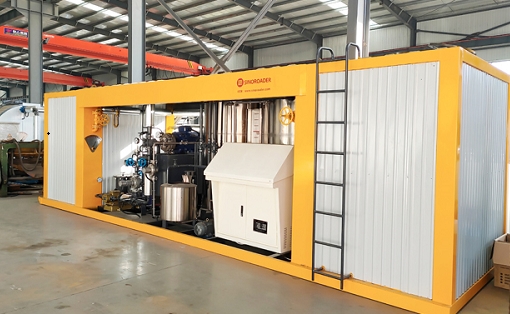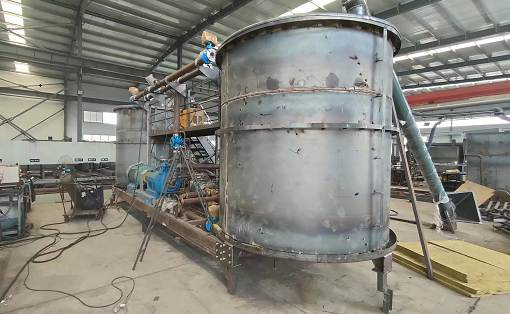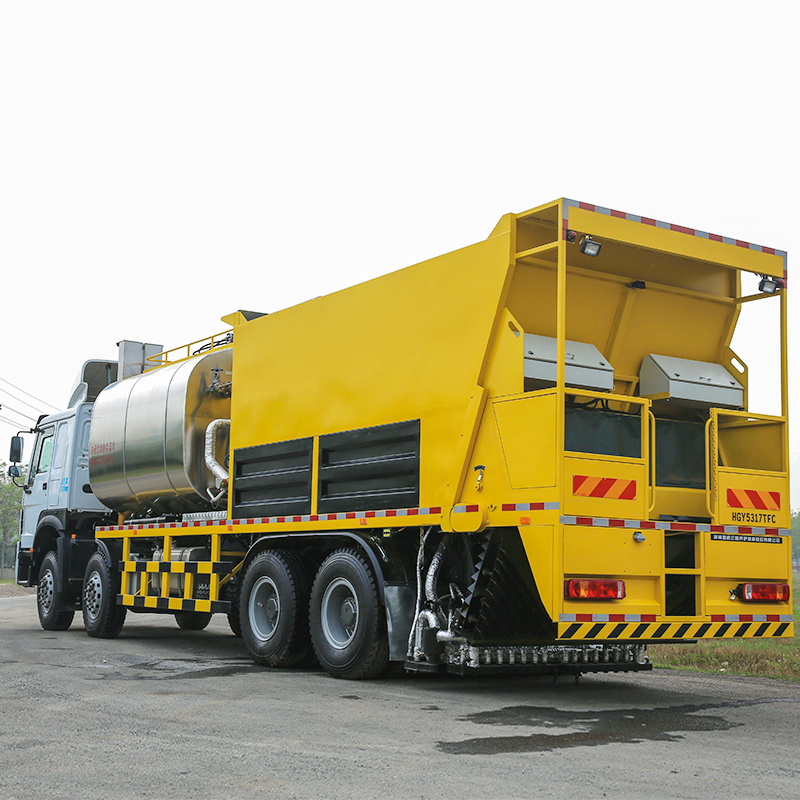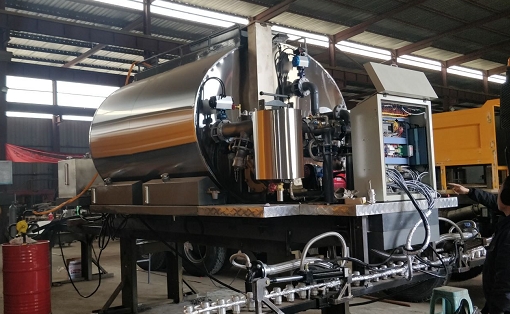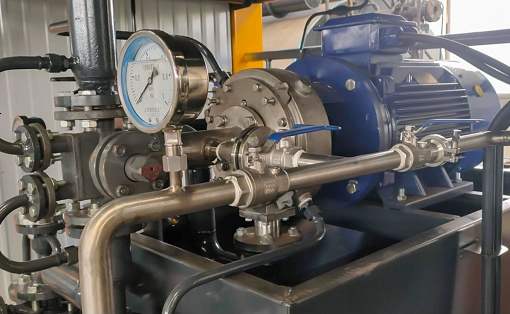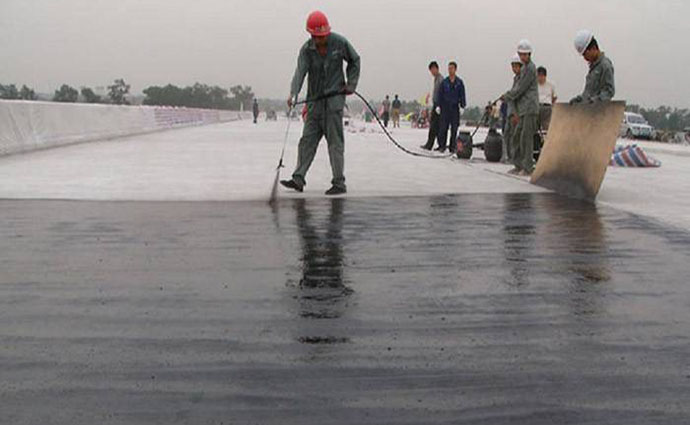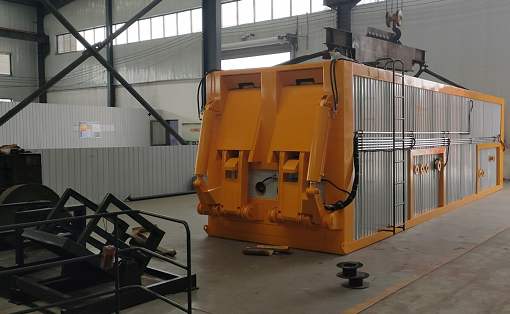What are the basic concepts and production process of emulsified modified asphalt equipment?
Emulsified modified asphalt equipment includes sewage treatment, water storage tank, water metering and verification temperature control system, asphalt storage tank, asphalt external temperature control system, hot water pump soap seasoning system, soap storage tank, soap mixing pump, soap external temperature control system and metering and verification system, filter, hot asphalt mixing pump and metering and verification system, pipeline black anti-static tweezers, emulsified asphalt cooling system and retrieval equipment, product tank and electrical control system.
The whole set of procedures is modularized, and customers can freely match and use according to their needs. The application of each part of the equipment is as follows: Sewage treatment system: Mechanically filter and adsorb the general drinking water to react with epoxy resin to convert the strong drinking water into pure softened water, reduce the water holding capacity, and improve the emulsion effect of asphalt or asphalt concrete.
Emulsified modified asphalt equipment includes sewage treatment, water storage tank, water metering and verification temperature control system, asphalt storage tank, asphalt external temperature control system, hot water pump soap seasoning system, soap storage tank, soap mixing pump, soap external temperature control system and metering and verification system, filter, hot asphalt mixing pump and metering and verification system, pipeline black anti-static tweezers, emulsified asphalt cooling system and retrieval equipment, product tank and electrical control system.
The whole set of procedures is modularized, and customers can freely match and use according to their needs. The application of each part of the equipment is as follows: Sewage treatment system: Mechanically filter and adsorb the general drinking water to react with epoxy resin to convert the strong drinking water into pure softened water, reduce the water holding capacity, and improve the emulsion effect of asphalt or asphalt concrete.
Water storage tank: It can store the water needed for soap liquid preparation once. It is controlled by liquid level meter, so there is no worry about water leakage. 3. Water metering and temperature control system: Use warm heat transfer oil to heat the water through special equipment, and adjust the water pump speed ratio to control the water flow rate according to the measured water outlet temperature, so that the temperature reaches the process requirements. According to the measured water flow, the controller is compared with the preset value. When the preset value is reached, the power supply is cut off to achieve the quantitative power supply purpose.
Soap liquid storage tank: According to the allocated soap liquid, it is stored here for heat insulation and insulation, and it is used in conjunction with the soap liquid batching tank to ensure continuous production. Soap liquid mixing pump and metering and verification system: The soap liquid is supplied to the pipeline black anti-static tweezers according to the set flow rate, which can ensure the stability and production plan of emulsified asphalt. Filter device: The coarse residue in hot asphalt and soap liquid can be filtered to avoid damage to the asphalt equipment in the subsequent steps.
Anti-static tweezers: It is the heart of the complete set of modified emulsified asphalt equipment, which is directly related to emulsified asphalt and modified emulsified asphalt. The raw materials are torn and destroyed under the high-speed cutting of the multi-level double-layer finely coordinated motor rotor.
The mechanical and hydraulic cutting effects are adopted. The asphalt is loosened and emulsified in a short time, so that the asphalt becomes fine particles evenly loosened in water to form a stable water-in-oil emulsion, which is emulsified asphalt.

